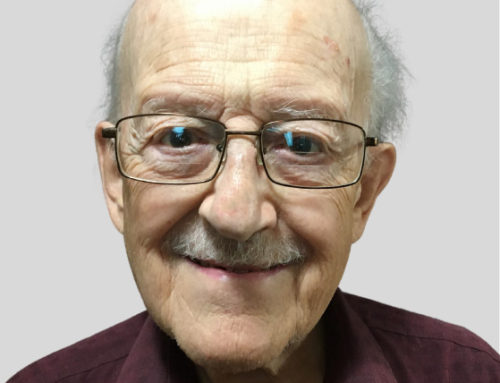Military medals fascinate me. Not just their metallic luster and multi-coloured ribbons, but their number and variety. When I see a chest full of overlapping medals, I can’t resist counting them. So far, I’ve counted seventeen in a row, although I suspect I may have missed some.
What fascinates me most is how the bearers of all that hardware can stand at attention through lengthy ceremonies. You’d think that at some point their shoulders would sag. Or, if not their shoulders, at least their uniforms. Maybe they don’t dry clean them. Maybe they launder them and use a lot of starch.
My fascination began when I discovered my father’s World War I medals. Although in early grade school, I had a general idea of what wars were about and I wanted to know what my father had been about. When he told me that he spent his war years in the European theatre, I was taken aback. While other kids’ dads were fighting, I thought, mine was acting. When he added that he was in the French theatre of operations, I assumed that he had played a surgeon.
I was wrong, of course. He was talking about locations, not vocations. In war talk, a theatre is not a playhouse. It’s a slaughterhouse. He had served in France, where he was attached to an ambulance unit and helped recover the wounded for medical treatment.
I had the idea that, like the Victoria Cross, all military medals recognized outstanding bravery or self-sacrifice; or, like the Distinguished Service Order, highly meritorious actions. So I couldn’t wait to tell my friends that my father was a decorated war hero. When I did, they weren’t impressed. They said that their fathers or uncles were decorated war heroes, too.
I thought it was just talk. But only until my father took me to a Remembrance Day ceremony and every veteran I saw wore several medals. Although embarrassed about touting my father’s supposed superiority, I was nevertheless proud that my hometown had produced so many valiant warriors.
My father soon set me straight. He said that virtually all personnel he served with received Victory and British War Medals as well as War Service Badges. Some also collected Long Service and Good Conduct Medals.
It hadn’t occurred to me that medals and badges, like money, could be inflationary. Not only were badges awarded to honourably discharged members of the Canadian Expeditionary Force who had served at the front; but also to active militia, retired or honourably discharged, who would have become CEF members if they had remained on duty until arrangements for their membership were completed.
So in World War I you didn’t have to be a hero to be decorated. You could receive medals or badges for showing up, hanging in there and behaving yourself, and not just for actual service but also for good intentions. I guess the military didn’t want anyone to feel left out.
My boyhood experience with war talk and military medals left me unduly wary. When a veteran I interviewed for a high school project said he had been mentioned in dispatches, I was at a loss for words. I didn’t know whether to congratulate or console him.
I was also wary of the ribbons attached to the medals he wore. Red, white and blue, I could understand. They were reminiscent of the flag and patriotism. Blue and green, I could accept. They were at least neutral. But yellow, I had difficulty with, as it can symbolize both loyalty and cowardice. Yellow seemed as ambiguous as being mentioned in dispatches.
Medal inflation continued unabated through World War II. You could receive a War Medal for serving 28 days full-time, a Canadian Volunteer Service Medal for 18 months active duty and a Defense Medal for six months service in Britain. You could also receive a military star if you served in the Atlantic, the Pacific, France, Belgium, Holland, Germany, Sicily, North Africa, or Burma for as much as six months or as little as one day.
No wonder many decorated veterans are prone to hernias and back pain, and I haven’t even mentioned medals for service in the Korean, Gulf, Somalia and Afghan wars. Nor have I included any that are open to all Canadians, like Centennial medals. Nearly a third of those went to members of the military.
Canada has a Sacrifice Medal for military and related personnel wounded in active service. Maybe we should strike one for heavily decorated veterans injured in ceremonial service. But only if it’s made for mounting, not wearing.



